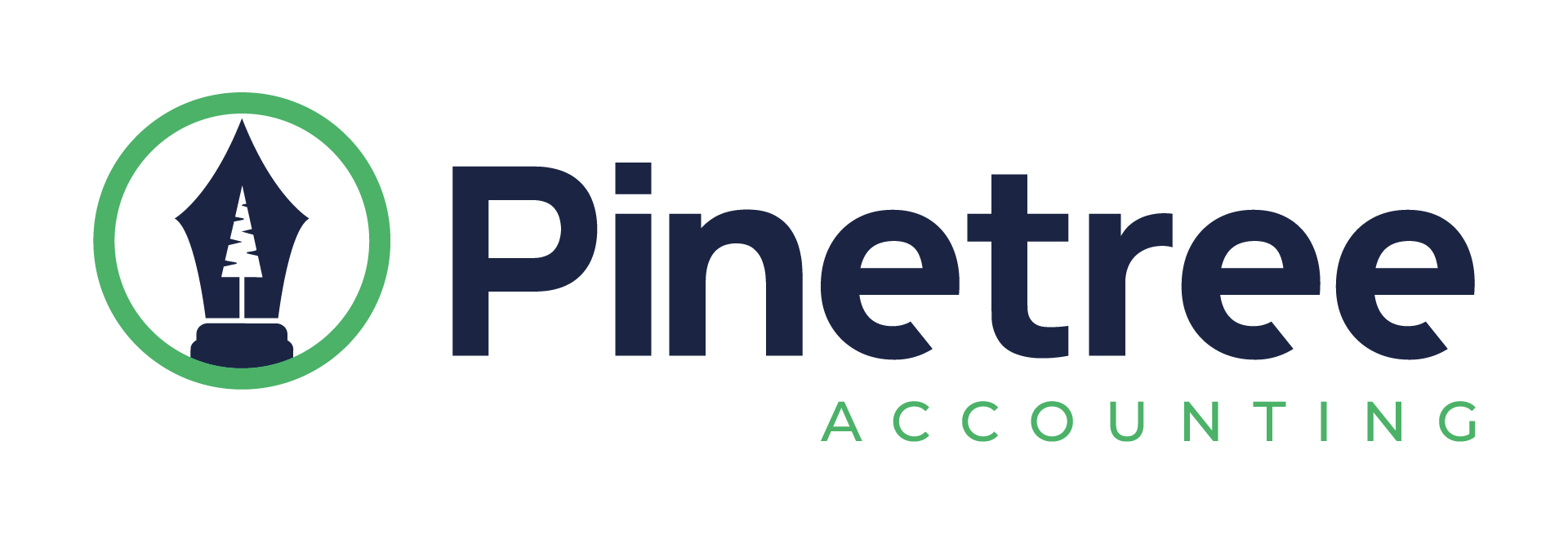Accurate financial reporting is crucial for businesses of all sizes. It not only ensures compliance with regulations but also builds trust with stakeholders, supports strategic decision-making, and enhances overall business credibility. Inaccurate financial reports, on the other hand, can lead to severe consequences, including legal penalties, loss of investor confidence, and even business failure. In this article, we’ll explore effective strategies to improve your financial reporting accuracy, leveraging best practices and technology to ensure your financial statements reflect the true financial health of your business.
Establish Strong Internal Controls
Implementing robust internal controls is one of the most effective ways to enhance financial reporting accuracy. Internal controls include procedures and mechanisms designed to prevent errors and fraud. Key practices include segregating duties, establishing approval workflows, and conducting regular internal audits. These controls help ensure that all financial activities are properly reviewed and authorized, reducing the likelihood of errors that could impact your financial statements.
For businesses in Hong Kong, partnering with a reliable service provider like Pinetree Accounting Services in Tsim Sha Tsui can provide professional audit arrangement services to help strengthen your internal controls. Regular audits not only ensure compliance but also highlight areas for improvement in your financial processes.
Leverage Advanced Reporting Technology
In today’s digital age, technology plays a pivotal role in enhancing financial reporting accuracy. Automated financial management systems, cloud-based solutions, and specialized accounting software can significantly reduce manual errors and streamline the reporting process. These tools automate data collection, integration, and report generation, allowing for real-time access to financial information and reducing the time spent on manual tasks.
For small and medium-sized businesses, investing in scalable accounting software like QuickBooks or Xero can be a game-changer. These platforms offer features like automatic bank reconciliation, expense tracking, and financial statement generation, which can drastically reduce the time and errors associated with manual data entry.
Explore Pinetree’s Bookkeeping and Accounting Services to discover how professional bookkeeping can further enhance the accuracy of your financial data.
Maintain a Consistent Reporting Schedule
Consistency is key to maintaining accuracy in financial reporting. Establishing a clear and regular reporting schedule helps ensure that all financial tasks are completed on time, reducing the rush that often leads to mistakes. By setting monthly, quarterly, and annual timelines for financial activities, businesses can better manage resources and avoid last-minute errors.
Implementing a consistent schedule also makes it easier to track performance over time, identify trends, and make informed decisions based on accurate data. This approach ensures that financial reports are not only accurate but also timely, which is essential for effective decision-making and regulatory compliance.

Regular Account Reconciliation
Regular reconciliation of financial accounts is crucial for maintaining accuracy. Reconciling accounts such as bank statements, credit cards, and vendor accounts helps identify discrepancies early, allowing for prompt correction. This process ensures that all transactions are accurately recorded and that financial statements reflect the company’s true financial position.
For businesses with limited resources, automated reconciliation tools can save time and reduce errors. These tools match transactions automatically and flag discrepancies for review, streamlining the reconciliation process and ensuring that your financial data is always up to date.
Enhance Communication Across Departments
Effective communication between departments is essential for accurate financial reporting. Financial data often flows through multiple departments, and a lack of coordination can lead to delays and errors. Regular cross-departmental meetings and updates can help ensure that everyone involved in the financial reporting process is aligned and aware of any changes or issues that need addressing.
A centralized communication platform or project management tool can facilitate collaboration, allowing teams to share financial data and updates in real-time. This approach helps to minimize misunderstandings and ensures that financial reports are accurate and comprehensive.
Stay Updated on Regulatory Changes
Financial reporting standards and regulations are constantly evolving, and staying updated on these changes is essential for compliance. Regular training and professional development for your accounting team can help keep everyone informed of the latest requirements. Additionally, subscribing to industry updates and newsletters can provide valuable insights into new regulations that may affect your financial reporting.
For businesses operating in Hong Kong, partnering with a service provider that offers Corporate Secretarial Services can help ensure that all financial reports comply with the latest legal and regulatory standards.
Implement a Contingency Plan
Unexpected challenges, such as staff shortages or data breaches, can disrupt financial reporting processes. Having a contingency plan in place can help maintain the continuity of your financial operations during such disruptions. A well-structured contingency plan might include backup personnel, alternative data sources, and additional review stages to handle unforeseen issues without compromising accuracy.
This proactive approach ensures that your financial reporting process remains robust and resilient, even in the face of unexpected challenges.
Utilize Performance Analysis and Benchmarking
Regular performance analysis and benchmarking against industry standards can provide valuable insights into your financial reporting process. By comparing your financial data to historical benchmarks, you can identify trends, detect anomalies, and make necessary adjustments to improve accuracy. This practice not only enhances the reliability of your financial reports but also supports strategic decision-making and long-term planning.
Common Mistakes to Avoid
Even with the best practices in place, common pitfalls can still undermine financial reporting accuracy. Over-reliance on technology without proper oversight, lack of documentation, and failure to keep up with industry changes are all potential issues. To avoid these mistakes, it’s important to balance automation with human oversight, regularly review and update financial processes, and ensure that all procedures are well-documented.
Continuous Improvement and Review
Financial reporting is not a one-time task but an ongoing process that requires continuous improvement. Regularly reviewing your financial reporting practices, incorporating feedback from stakeholders, and making adjustments as needed can help refine your processes over time. This commitment to continuous improvement will enhance the accuracy and reliability of your financial reports, supporting better financial management and business success.
For more information on how to improve your financial reporting accuracy, consider consulting with Pinetree Accounting Services in Tsim Sha Tsui, where expert assistance can guide you through the complexities of financial management and ensure your business remains compliant and successful.
By implementing these best practices, businesses can improve their financial reporting accuracy, build trust with stakeholders, and make more informed decisions that drive growth and success. Accurate financial reporting is not just about compliance; it’s about empowering your business with reliable information to navigate the complexities of today’s financial landscape.





